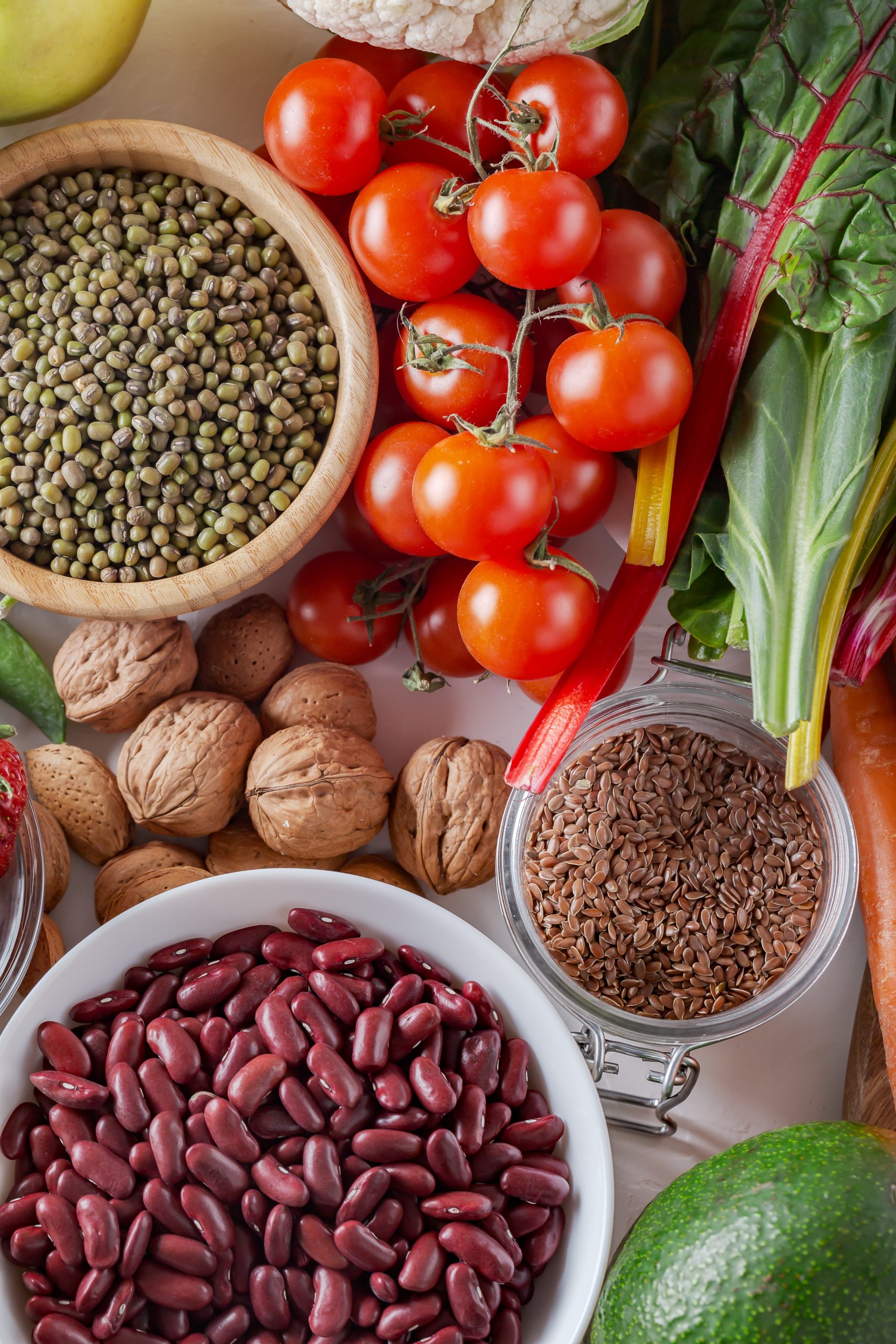Effect of the Radical Remission Multimodal
Intervention on Quality of Life of
People with Cancer
Abstract
Introduction: The Radical Remission Multimodal Intervention (RRMI) was developed by Kelly A. Turner, PhD, after analyzing more than 1500 cases of cancer survivors experiencing radical remission (a.k.a. spontaneous regression) across all cancer types and extracting key lifestyle factors shared by these cancer survivors. The RRMI workshops provide instruction on these lifestyle factors to participants with cancer and give them tools to help navigate their cancer recovery journey. This pilot study aimed to evaluate the effect of the RRMI on the quality of life (QOL) of people with cancer.
Methods: This was a pre-post outcome study. Data were collected, between January 2019 and January 2022, from 200 eligible adults of all cancer types, who attended the RRMI workshops (online and in-person). Participants were asked to complete questionnaires online, at baseline (i.e., before the intervention) and at month 1 and month 6 post-intervention. The RRMI workshops were led by certified Radical Remission health coaches. Participants completed the RRMI with personalized action plans for them to implement. The primary outcome QOL measure was the Functional Assessment of Chronic Illness Therapy—Spiritual Well-Being Scale (FACIT-Sp). Mixed-effects regression models were used to examine differences in FACIT-Sp score between month 1 and baseline, as well as month 6 and baseline. Models controlled for baseline score, covariates (including age, ethnic group, and body mass index), timepoints (month 1 or 6), training type (online or in-person), adherence score, and interaction between timepoints and adherence score.
Results: 92% of participants were women, 77% were Non-Hispanic White, 88% were living in the US, and 66.5% were not living alone. One-quarter had breast cancer. Mean age ± SD was 55.3 ± 11.5 years. Final mixed-effects model analyses showed a significant increase in FACIT-Sp score of 9.5 (95% confidence interval [CI]: 6.2-12.8) points at month 1 (P < .0001) and 9.7 (95% CI: 6.4-13.0) points at month 6 (P < .0001) compared with baseline, a 7.7% and 10.8% improvement, respectively.
Conclusion: The RRMI was found to significantly improve the overall QOL of participants at month 1. This improvement was maintained at month 6 post-intervention. Our findings suggest that people with cancer can benefit from the RRMI.
Keywords: radical remission multimodal intervention, RRMI, quality of life, FACIT-Sp, lifestyle factors, integrative oncology, integrative cancer therapies, lifestyle medicine, plant-based diet, integrative medicine
Read more about this study here

Healthy Eating for Successful Living in Older Adults™ community education program-evaluation of lifestyle behaviors: A randomized controlled trial
Barnett JB, Zeng W. Front Aging. 2022;3:960986. doi:10.3389/fragi.2022.960986
Abstract
Objective: Older adults face many chronic health issues including heart disease and osteoporosis, which are preventable through changes in lifestyle behaviors. The Healthy Eating for Successful Living in Older Adults™ (HESL) is a 6-week community education program designed specifically for persons aged ≥60 years, to promote behavioral changes toward a healthy lifestyle. Our objective is to evaluate the HESL. This is the first official evaluation of the HESL since its initiation in 2005.
Study Design: A cluster randomized controlled trial.
Method: Program implementation and evaluation took place between July 2018 and January 2020. Twenty-nine sites, with 292 participants aged ≥60 years from across five states (mostly from Massachusetts), were randomized into the intervention group (IG) (16 sites; n = 150 participants) and control group (CG) (13 sites; n = 142 participants). The HESL workshops followed a scripted curriculum including information from the USDA's MyPlate™ and the USDA 2015-2020 dietary guidelines. Intervention elements included goal setting, self-assessment, group support, and problem solving through brainstorming. The CG received no intervention. Outcome measures were collected in both groups at baseline, 2 weeks postintervention (week 8), and 6 months postintervention. These included self-reported lifestyle behaviors, a composite healthy behavior index (HBI), body mass index [weight (kg)/height (m2)], and waist-to-hip circumference ratio (WHR). Mixed-effects regression models were used to examine the impact of the intervention.
Results: The IG showed significantly improved responses to most healthy lifestyle behavior questions at week 8 compared to the CG. However, not all improved responses were sustained at month 6. Significant improvements detected at month 6 included responses to the question on making food choices that are healthy for the heart, using MyPlate™ tools for food choices, reading nutrition labels when shopping/planning meals, and confidence in managing own health (p < 0.001 in most cases). HBI was significantly improved at week 8 and month 6 (p < 0.001). WHR decreased significantly (p < 0.05) at month 6.
Conclusion: Positive changes in lifestyle behaviors and WHR were observed in older adults due to the HESL intervention.
Keywords: HESL community education program; HESL; Healthy Eating for Successful Living in Older Adults™; evaluation; lifestyle behaviors; older adults.

Consumption of red meat and processed meat and cancer incidence: a systematic review and meta-analysis of prospective studies
Summary of Findings
Findings from this comprehensive systematic review and meta-analysis indicated that high consumption of red meat was positively associated with risk of the following cancers: breast cancer, endometrial cancer, colorectal cancer, colon cancer, rectal cancer, lung cancer, and hepatocellular carcinoma. Additionally, high consumption of processed meat was positively associated with risk of the following cancers: breast, colorectal, colon, rectal, and lung cancers. Further, high intake of total red and processed meat was found to be associated with increased risk of colorectal, colon, rectal, lung, and renal cell cancers.
Read more about this study here

Fiber consumption and breast cancer incidence: A systematic review and meta-analysis of prospective studies
Summary of Findings
We conducted a random-effects meta-analysis of prospective observational studies to evaluate the association between breast cancer risk and total fiber intake. Included were 17 cohort studies, 2 nested case-control studies, and 1 clinical trial study. Higher intakes of total fiber and soluble fiber were observed to be associated with a lower risk of breast cancer. Risks of both premenopausal and postmenopausal breast cancers were found to be inversely associated with higher intakes of total fiber. Of interest, although non-significant, higher consumption of total fiber appeared to be associated with reduced risks of both estrogen and progesterone receptor-positive and estrogen and progesterone receptor-negative breast cancers.

Fruit and vegetable consumption and incident breast cancer: a systematic review and meta-analysis of prospective studies
Summary of Findings
A systematic review and meta-analysis of prospective studies was conducted to investigate the association between fruit and vegetable consumption and incident breast cancer. We observed lower risks of overall breast cancer and postmenopausal breast cancer with higher intake of total fruit and vegetable as well as higher intake of total fruit. We also observed higher intake of total fruit and vegetable to be associated with lower risk of oestrogen- and progesterone-receptor-positive (ER+/PR+) and -negative (ER−/PR−) breast cancers by 11% and 26%, respectively. Further, we found higher intake of total vegetable to be associated with a 27% reduction in risk of ER−/PR− breast cancer. Higher intake of fruit juice, however, showed a positive association with overall risk of breast cancer.

